Maa: Little To Be Scared About In This Kajol Film
A loose script tangled in myth and mythology gives Vishal Furia's Maa a confused core, while its orthodox fear of pregnancy dulls both the genre’s bite and its grasp on female anxiety.
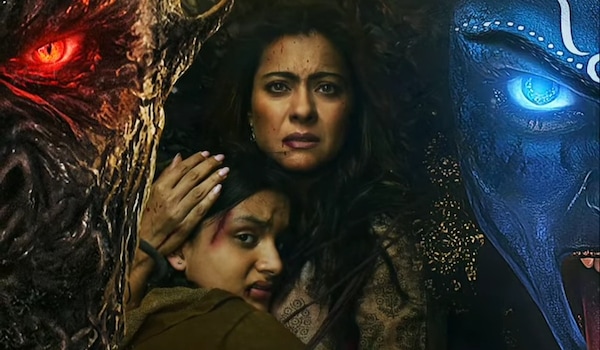
Promo poster for Maa.
Last Updated: 02.36 PM, Jun 28, 2025
EVERYTHING about Vishal Furia’s Maa is about the optics. The film is touted as mytho-horror, a shorthand of mythological horror, which has existed before. Aditya Sarpotdar’s Munjya (2024) is an example, yet Maa spells it out like the film is a product undergoing rebranding by a new CEO. Again, given the title, the end credits feature names of the makers and producers with their mothers' names pencilled in the middle. Even for a persuasive film, this is too much posturing, and Maa is far from it.
Hindi cinema has reached a point where the success of a genre should frighten us. The moment something works, ten similar projects are lined up, and this does not consider the sequels of the patient zero. Furia’s Maa is an upshot of this; it belongs in the same world as Shaitaan (2024) and exists because of the latter’s success.
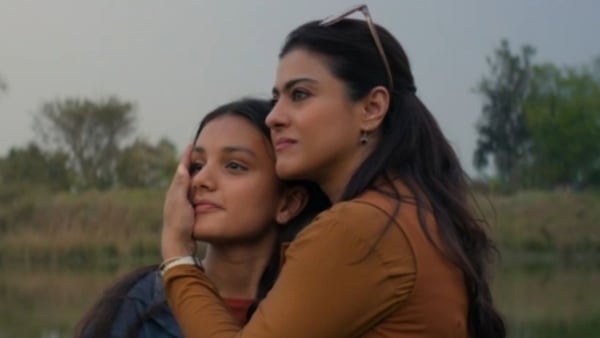
Vikas Bahl’s film was about a young girl being trapped by black magic and puppeted by a stranger. Written by Aamil Keeyan Khan, Shaitaan’s conflict between good and evil was clear, but the roots were dunked in superstition, and the intent was vile. The crisis of a girl following the orders of a grown-up man felt specifically designed to cater to the male gaze, and its success only validated it. In comparison, Furia’s Maa leans on mythology and uses it not just to supply subtext but to authenticate it. Between the shared parents' universe, it is difficult to tell which one is more nefarious.
Shuvankar (Indraneil Sengupta) and Ambika (Kajol) are happily married with a daughter, Shweta (Kherin Sharma). They are so happy that a problem had to crop up, and it does. On the sudden passing of Shuvankar’s father in their ancestral village, he has to rush back. For a long time, he avoided visiting Chandarpur. Girl children here are sacrificed, and the place is supposedly cursed. On completing the rites, he decides to sell their house but mysteriously dies on his way back. This prompts Ambika and Shweta to go, if only to complete the deal which, the Sarpanch (Ronit Roy) states, was Shuvankar’s last wish.
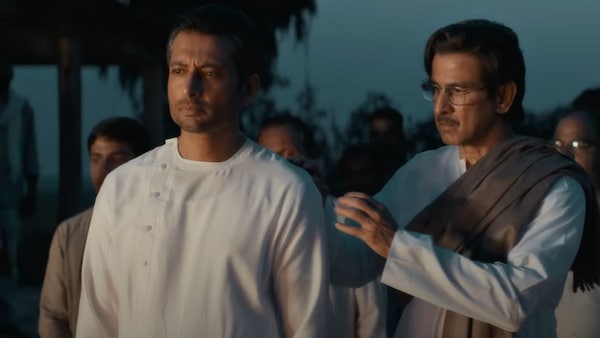
Thematically, Maa has much in common with Furia’s latest Chhorii 2 (2025). Both deal with female infanticide and track the lengths a mother will go to prevent that. But the narrative outline is defined by the Hindu mythology of Kali and Raktabija, where the latter, a demon, only gains power with each drop of blood till Kali comes to defeat him.
One would assume that having an existing springboard might help the film even when making it morally ambiguous. But Maa is an all-around dismal effort. Large stretches of it unravel in the dense forest in the village, but there is not a single speck of atmospheric horror. Girl children, possessed by evil spirits, jarringly appear at the edges of the frame (the visual aesthetic too is similar to Chhorii 2) and try to take away Shweta as Ambika, another name for Durga, protects her.
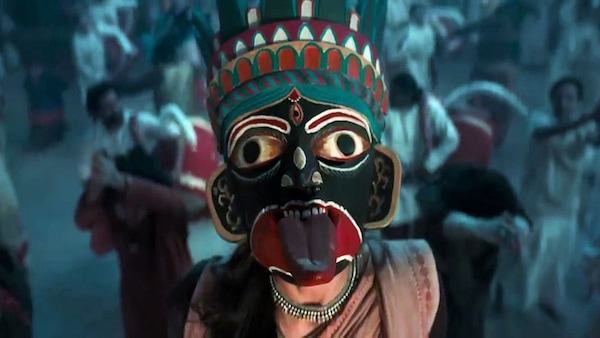
Apart from the loose script where myth and mythology cause more confusion than clarity, there is an orthodoxy to the idea of fear that Maa proposes. Of all the things that women are scared of, Furia circles back to their dread of being impregnated. It is not heedless, but it is also conservative, which undercuts the potential of the genre and the anxiety of female existence.
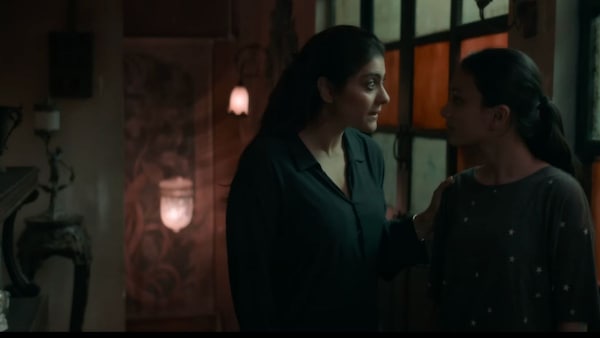
Even the little details don’t add up. Ambika is introduced in a scene where she is teaching a group of students about the Kali and Raktabija fable. One presumes she is a teacher, but throughout the film’s runtime, Ambika appears to have a job. In fact, the only identity that Maa renders Ambika is that of a mother. There is no insight into her personhood or who she is besides being a mother. This backfires because it leaves one nagging question unanswered: why does Ambika, an urban woman, so readily believe in ancient myths?
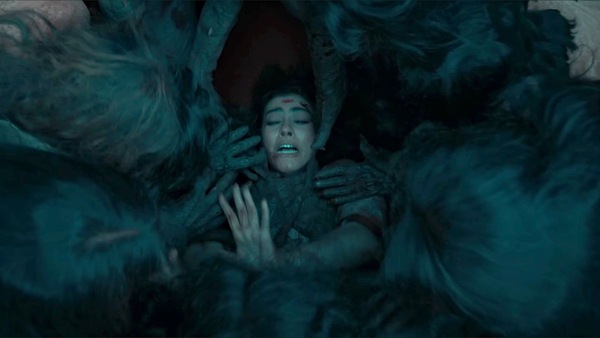
The answer is simply this: it is because Maa believes in it too. Furia’s film uses folklore to frame the narrative and culminates as a testament to it. Not only is there no space for critique, but any rational character who questions it is swiftly killed. Only Ambika survives; Kajol, playing a mother again, is ineffective even when occupying every scene of the film. The VFX gets steadily worse in the climax and does no service to the actor. There is a repetition to her act which, if nothing, aligns with the tedious beats of the film.




